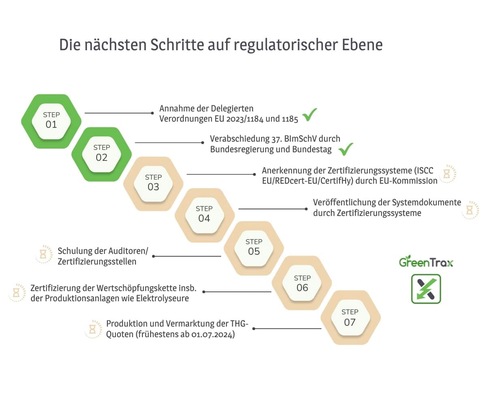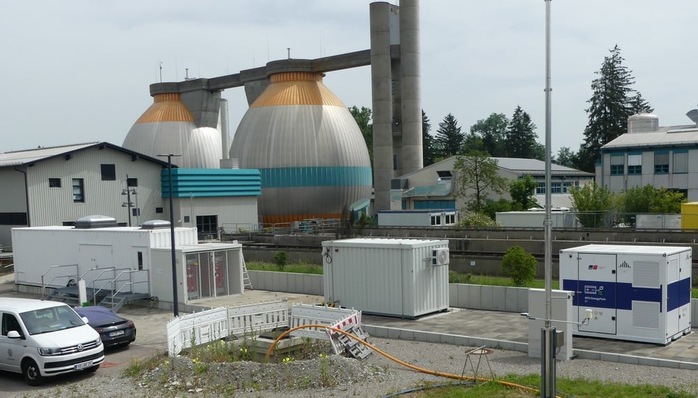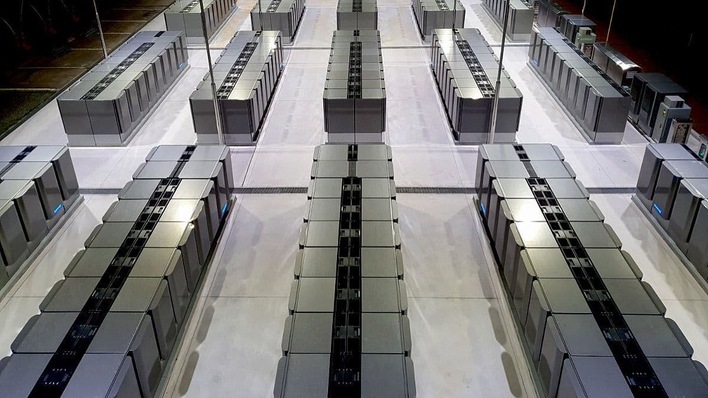An alliance of more than 30 companies from the energy, automotive and hydrogen technology sectors has addressed an appeal to the heads of state and government of the EU member states. In a joint letter, the CEOs of the participating companies are calling for hydrogen mobility to be integrated as a key component in European strategies for clean mobility and industry. The letter was published on July 2, 2025, and is addressed, among others, to Federal Chancellor Friedrich Merz and his counterparts in the EU.
Signatories include Air Liquide, BMW, Bosch, Daimler Truck, Hyundai, Linde, Toyota, Volvo Group and Westport Fuel Systems. Suppliers and technology providers such as Ballard Power Systems, EKPO Fuel Cell Technologies, Heraeus Precious Metals, Johnson Matthey and Symbio are also part of the alliance.
The companies emphasize three main reasons for their demand:
First, hydrogen mobility is a strategic imperative. It complements battery-electric drives and enables a diversified, resilient and cost-efficient decarbonization of transport. According to the alliance, the parallel development of two infrastructures – battery-electric and hydrogen-based – could save between €300 billion and €500 billion in infrastructure costs across Europe by 2050.
Second, the companies see hydrogen mobility as a growth engine for industry and employment. Europe’s existing industrial base could be leveraged to take a leading role in hydrogen technology. According to the alliance’s estimates, up to 500,000 new jobs could be created by 2030.
Third, according to the letter, hydrogen enables important synergies in the energy system. It can aggregate demand, support hard-to-decarbonize sectors and reduce the waste of renewable energy.
Call for political framework
The CEOs warn that the development of hydrogen mobility in Europe could stall if no targeted political measures are taken. They are calling for a better coordinated and pragmatic political framework to mobilize investment and accelerate the expansion of infrastructure. Hydrogen mobility must be integrated into key programs such as the EU investment plan for sustainable mobility under the Clean Industrial Deal. In addition, simplifying EU regulations could help reduce costs and complexity in building the infrastructure. The full list of signatory companies and further information is available on the alliance’s website at globalh2mobilityalliance.org.









